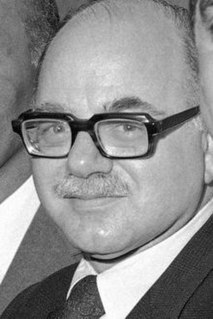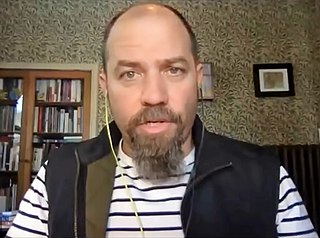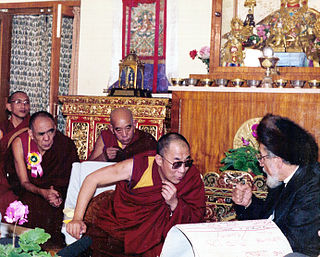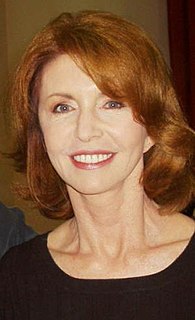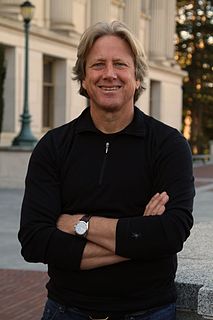A Quote by Daniel Bell
When theology erodes and organization crumbles, when the institutional framework of religion begins to break up, the search for a direct experience which people can feel to be religious facilitates the rise of cults.
Related Quotes
Political as well as religious cults can be distinguished from legitimate organizations by their use of doublethink. Though political cults espouse extremist ideologies, not extremist theologies, operationally they are virtually identical to religious cults, and they also go to great lengths to control the vocabularies of their members.
when Christian theology becomes traditionalism and men fail to hold and use it as they do a living language, it becomes an obstacle, not a help to religious conviction. To the greatest of the early Fathers and the great scholastics theology was a language which, like all language, had a grammar and a vocabulary from the past, but which they used to express all the knowledge and experience of their own time as well.
The antagonism between science and religion, about which we hear so much, appears to me to be purely factitiousfabricated, on the one hand, by short-sighted religious people who confound a certain branch of science, theology, with religion; and, on the other, by equally short-sighted scientific people who forget that science takes for its province only that which is susceptible of clear intellectual comprehension; and that, outside the boundaries of that province, they must be content with imagination, with hope, and with ignorance
The religion of the future will be a cosmic religion. It should transcend a personal God and avoid dogmas and theology. Covering both the natural and the spiritual, it should be based on a religious sense arising from the experience of all things, natural and spiritual, as a meaningful unity. Buddhism answers this description.
In every system of theology, therefore, there is a chapter De libero arbitrio. This is a question which every theologian finds in his path, and which he must dispose of; and on the manner in which it is determined depends his theology, and of course his religion, so far as his theology is to him a truth and reality
Mysticism, according to its historical and psychological definitions, is the direct intuition or experience of God; and a mystic is a person who has, to a greater or less degree, such a direct experience -- one whose religion and life are centered, not merely on an accepted belief or practice, but on that which the person regards as first hand personal knowledge.
The Lord of the Rings is of course a fundamentally religious and Catholic work; unconsciously so at first, but consciously in the revision. That is why I have not put in, or have cut out, practically all references to anything like 'religion', to cults or practices, in the imaginary world. For the religious element is absorbed into the story and the symbolism.
